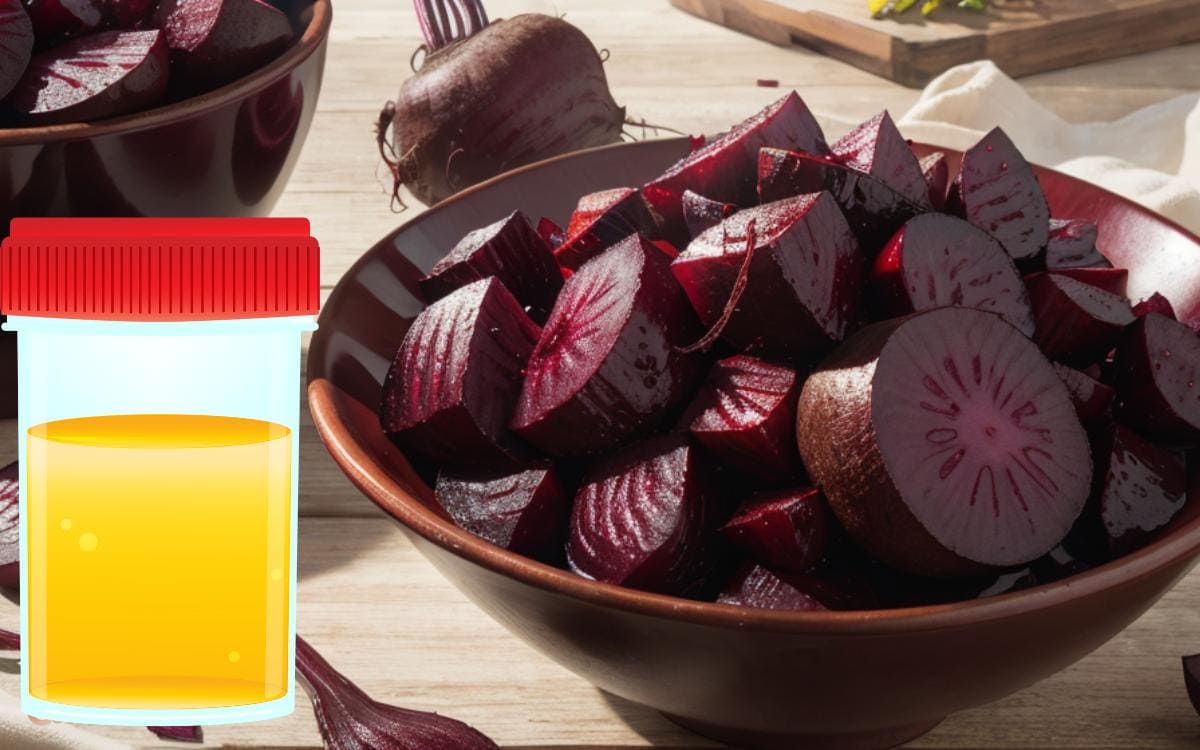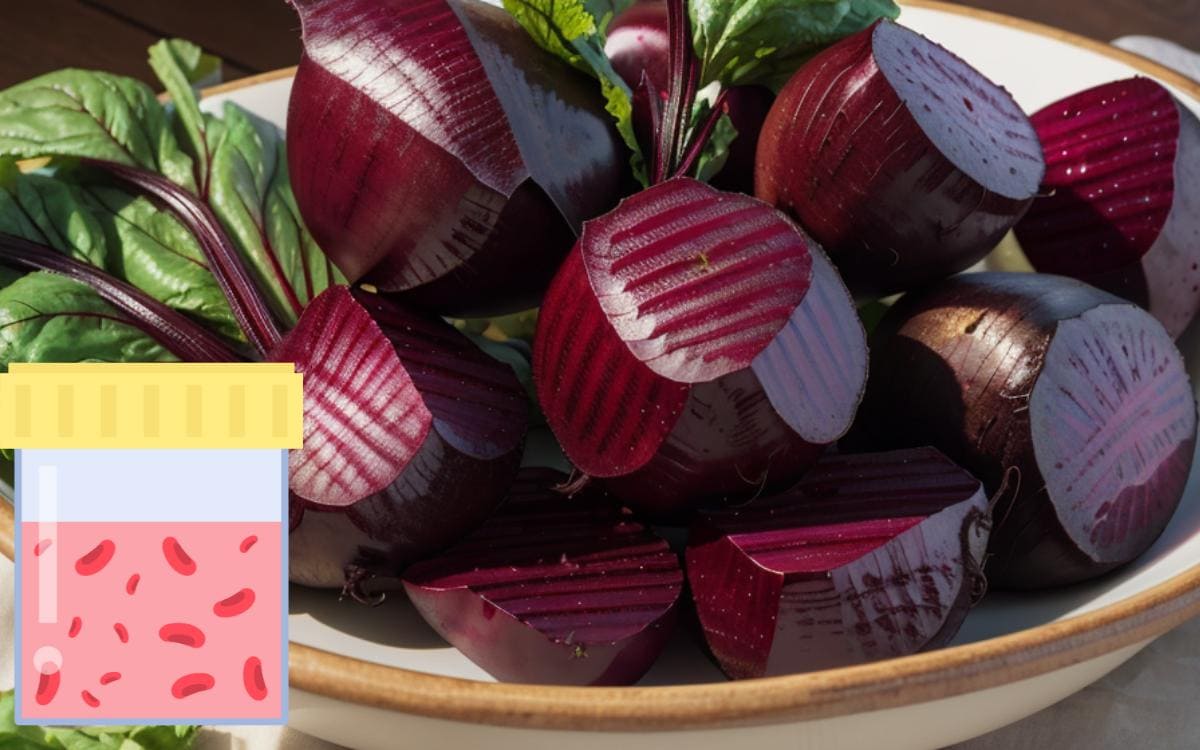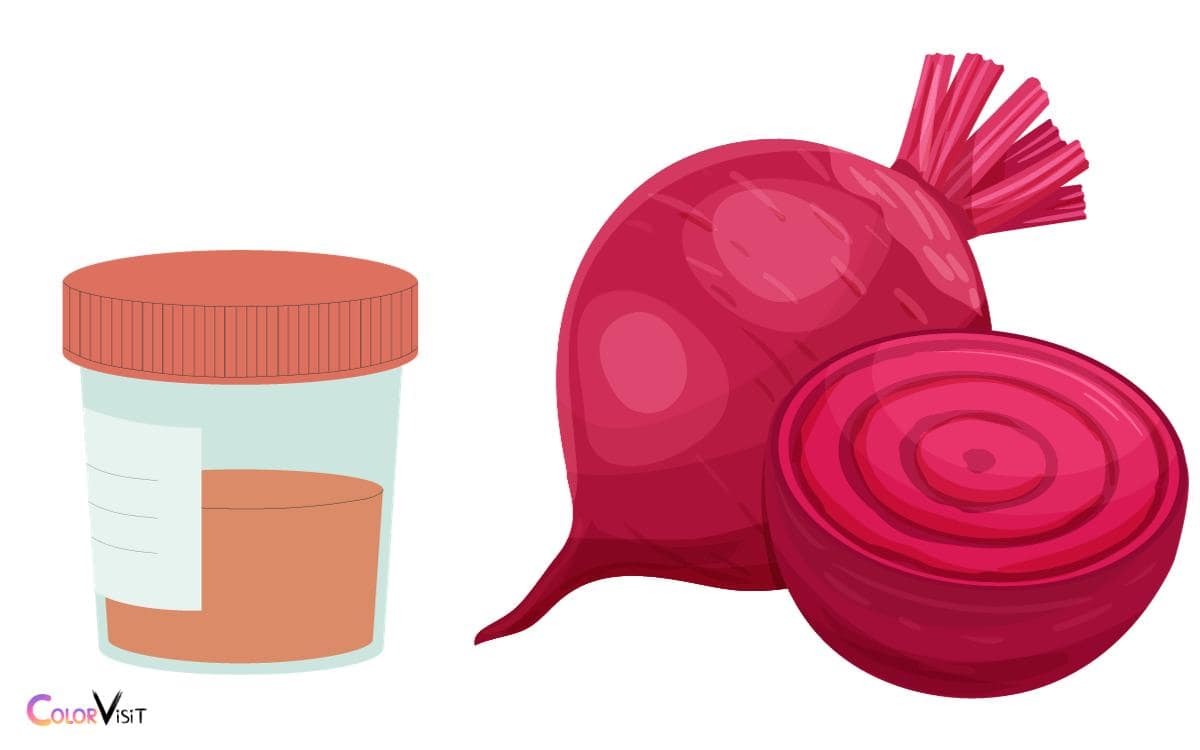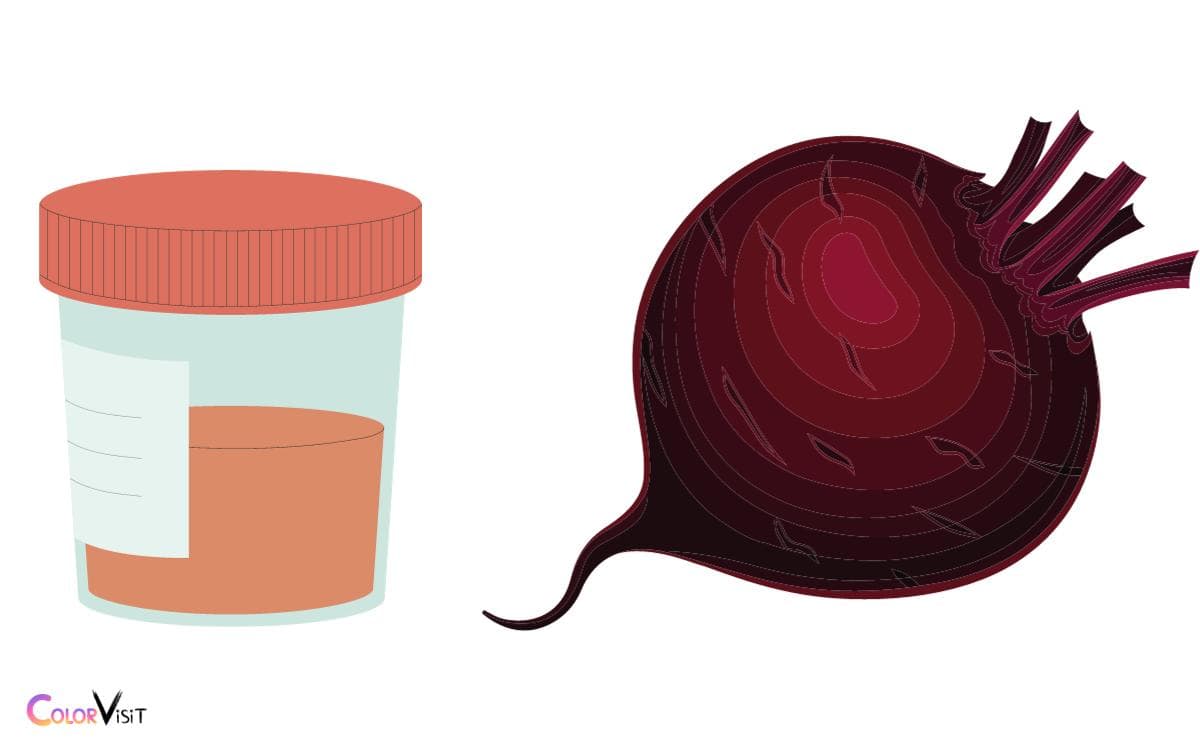Can Eating Red Beets Color Your Urine? Yes, Innovate!
Yes, eating red beets can potentially color your urine, a condition known as “beeturia.”
Red bushes enhance the aesthetic appeal of any landscape with their striking color. Some popular varieties include the Japanese Barberry and Red Twig Dogwood.
Along with their visual appeal, these plants are beneficial in attracting pollinators and providing year-round interest in the garden.
For example:
In landscaping, red bushes are not just a creative choice but also play a crucial role in attracting wildlife, thereby helping maintain the ecological balance.’
Key Takeaway
The Science Behind Beets and Urine Color
The color of urine after consuming red beets is due to the presence of a compound called betanin, which is excreted in urine and gives it a reddish hue.
- Betanin is a type of pigment known as betalains, found in the cell vacuoles of beets. When consumed, these pigments are not broken down during digestion and are instead excreted in urine.
- Interestingly, the color change in urine after consuming beets varies from person to person.
- This is due to differences in individual metabolism and how the body processes betanin. While the reddish color of urine after eating beets may initially cause concern, it is a harmless and temporary condition.
Understanding the science behind this phenomenon not only addresses curiosity but also highlights the intricate ways in which the human body interacts with food compounds.
Factors Affecting Urine Color After Eating Beets
Factors such as individual metabolism and the body’s processing of betanin can significantly influence the color of urine after consuming red beets.
The intensity of beet coloring in urine varies among individuals due to factors like hydration levels, the presence of other food dyes, and the efficiency of the liver in processing betalains.
Understanding these factors can lead to innovative approaches in predicting and managing the effects of beet consumption on urine color.
Consider the emotional response in the audience:
- It can be surprising to see the vibrant red color in urine after consuming beets, leading to curiosity and wonder about the body’s processes.
- Some individuals may feel concerned about their health upon noticing the unusual color, prompting them to seek further information and reassurance.
As we delve into the potential health benefits of beet consumption, it becomes apparent that the effects on urine color are just a small part of the broader discussion.
Potential Health Benefits of Beet Consumption
Beet consumption’s potential health benefits include improved blood pressure control and enhanced exercise performance.
- Beets are rich in nitrates, which are converted into nitric oxide in the body. Nitric oxide helps dilate blood vessels, leading to improved blood flow and potentially lower blood pressure.
- The nitrates in beets have been linked to enhanced exercise performance by reducing the oxygen cost of low-intensity exercise and increasing tolerance to high-intensity exercise.
- Beets are a good source of essential nutrients such as folate, manganese, and potassium, which are important for overall health and wellbeing. The high fiber content of beets also supports digestive health.
Incorporating beets into a balanced diet may offer a natural and innovative way to improve cardiovascular health and exercise performance.
Managing Expectations: Beets and Urine Color
Upon consuming red beets, individuals may notice a change in the color of their urine, which can be attributed to the presence of betalain pigments in beets.
It’s important to manage expectations regarding this phenomenon.
- Understanding: Knowing the reason behind the change in urine color can alleviate any concerns and provide reassurance that it is a natural and harmless occurrence.
- Innovation: Emphasizing the uniqueness of this natural coloration process can stimulate curiosity and appreciation for the biological effects of beet consumption.
- Preparation: Being aware of potential changes in urine color after consuming beets allows individuals to mentally prepare for this outcome, promoting a more informed and confident approach to incorporating beets into their diet.
Understanding this aspect can lead to a more positive and informed experience with beet consumption.
Can Eating Red Beets Cause the Same Urine Color Change as Red Wine?
Can eating red beets cause the same urine color change as red wine? There is a common misconception that red wine can lead to a change in urine color, much like red beets. However, this is not accurate. While consuming red beets can indeed result in reddish or pink urine, red wine does not have the same effect. It’s essential to be mindful of this red wine and urine color misconception to avoid confusion.
Tips for Enjoying Beets Without Surprise Urine Color
The presence of betalain pigments in red beets can lead to a noticeable change in urine color, prompting the need for strategies to enjoy beets without being surprised by this effect.
- To savor the nutritional benefits of beets without the unexpected color change, consider incorporating them into mixed dishes.
- Combining beets with other colorful vegetables like carrots, green peas, and sweet potatoes can help dilute the impact of betalain pigments on urine color.
- Consuming beets as part of a balanced meal can mitigate the intensity of the color change.
Experimenting with different cooking methods, such as roasting, boiling, or pickling, can also provide a variety of ways to enjoy beets while managing urine color.
Conclusion
The colorful connection between consuming red beets and urine color is a fascinating phenomenon.
Understanding the science behind it and the factors that influence urine color after beet consumption can help manage expectations.
Despite the surprise urine color, the potential health benefits of beet consumption are worth considering.






